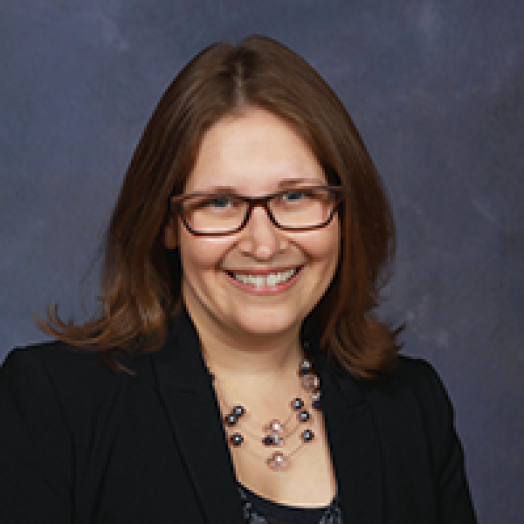Equal Access: How to Include Persons with Disabilities in Elections and Political Processes
A true democracy requires that the poorest and most marginalized citizens have a meaningful voice in decisions affecting their lives. However, persons with disabilities, often among the poorest of the poor and comprising approximately 15 percent of the global population, are rarely empowered to participate politically in their countries.
This publication by the International Foundation for Electoral Systems (IFES) and the National Democratic Institute (NDI), Equal Access: How to Include Persons with Disabilities in Elections and Political Processes, provides governments, civil society and the donor community the requisite tools and knowledge to promote the participation of persons with disabilities in elections and political processes.
Equal Access draws on international standards, such as the United Nations Convention on the Rights of Persons with Disabilities, and presents four mutually reinforcing strategies to increase the political participation of persons with disabilities:
- Empower persons with disabilities and disabled persons' organizations (DPOs) through trainings on technical elections issues as well as organizational and advocacy skills
- Support government institutions such as election management bodies and legislatures to create inclusive and accessible legal and regulatory frameworks
- Include DPOs in broad-based civil society coalitions, such as election monitoring groups
- Assist political parties to conduct meaningful outreach and encourage inclusion of persons with disabilities in leadership positions and as candidates
Good practices from around the world are highlighted throughout the manual. The executive summary of Equal Access is presented in easy to read format – with simplified text, images and layout – for persons with intellectual disabilities. The publication is available in plain text for those who use screen readers and has been translated into Arabic, Bahasa Indonesia, French, Nepali, Russian, Serbo-Croatian, Spanish, Urdu, and Uzbek.










